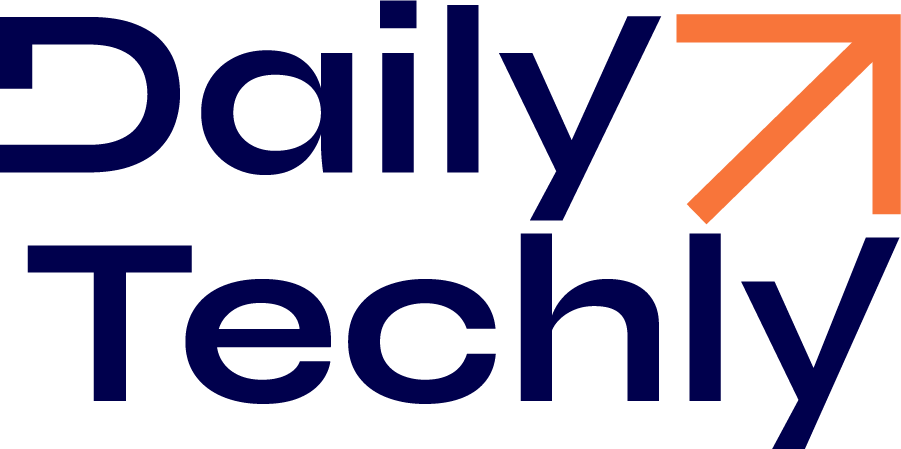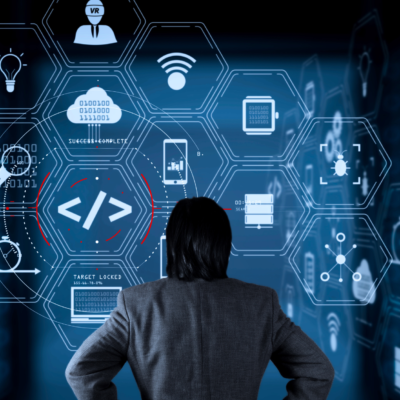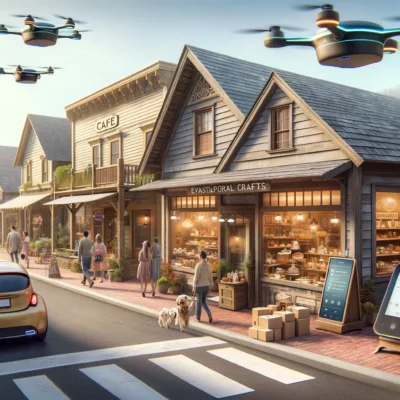Navigating the Love Algorithm: AI’s Revolution in the Way We Date, Mate, and Relate
AI, Lifestyle, Technology, Dating
Artificial intelligence (AI) has become an unseen matchmaker in the digital era of dating. Thus, a silent cupid draws back its bow in the infinite space of the internet. The area of love, courtship, and companionship has been radically changed by AI assistants and matchmaking algorithms. It is the quest for love, once confined to the bounds of community and chance encounters. This has expanded into an algorithmic dance of data and desires.
The Rise of AI Coaches in Love
Andrew, a 21-year-old college senior, was caught in the web of romantic uncertainty. Harbouring feelings for a friend, he sought counsel not from the traditional confidantes of family or friends. But from an AI relationship coach named Meeno. This AI didn’t revolutionize the advice given. It merely echoed Andrew’s instincts. But it provided him with the nudge needed to step out of his comfort zone for dating.
This anecdote mirrors the experiences of many young people post-pandemic. Renate Nyborg—the brain behind Meeno and ex-CEO of Tinder—observes, struggles with fundamental social skills due to prolonged isolation. Meeno aims to fill this gap, teaching the language of social cues and emotional intelligence.

The Charismatic Digital Wingmen
Enter Rizz, an AI-powered dating assistant app, which streamlines the online dating process by suggesting conversation starters and responses. With the burden of initial interaction off their shoulders, users like Roman Khaves, the co-founder of Rizz, find the app alleviates the “second job” nature of maintaining a dating app presence. It’s an intriguing concept, offering respite for those who find themselves tongue-tied in digital conversations.
Montreal-based finance professional Artem Chernikov uses Rizz sporadically. Not as a scriptwriter but as a muse, sparking creativity after a draining workday. This blend of human and AI interaction in dating apps is becoming more nuanced. Promising a more organic, albeit AI-assisted, conversation flow.
The Algorithmic Heartbeat of Modern Dating Apps
Match Group, housing Tinder, Match.com, and Hinge, has already embraced generative AI, developing features that filter offensive messages and aid in photo selection. This proactive incorporation of AI heralds a shift in online dating culture, focusing on enhancing user experience and safety.
Yet, these measures scratch only the surface of AI’s potential in the dating realm. Liesel Sharabi of Arizona State University points to the rich possibilities AI holds in refining the matchmaking process, alleviating decision fatigue, and improving compatibility predictions based on user behavior rather than self-reported preferences.
The AI Matchmakers: Predicting Love’s Likelihood
Dating sites have long employed algorithms to sieve through the multitudes of hopeful singles. Sharabi’s research indicates that personality alignment is a consistent predictor of relationship success. This knowledge has given rise to platforms like SciMatch, which uses facial recognition AI to assess compatibility, boasting an 87% accuracy rate in predicting personality traits—a claim met with both interest and skepticism within the scientific community.
Iris Dating reverts to the fundamental allure of physical attraction. Igor Khalatian, the founder, insists that mutual attraction is a paramount factor in potential pairings, an assertion substantiated by their user data.
Virtual Dating and AI Avatars: A Glimpse into the Future
Snack, a Gen Z-focused dating app, innovates with avatars that users can train to emulate their personalities, although the concept of AI-to-AI interaction remains a work in progress. While human attraction’s complexity might elude definitive algorithmic prediction, advances in AI hold promise for combining various factors—personality, attraction, chemistry—to forge more compatible matches.
The Human Element: Stories of AI-Assisted Romance
AI’s influence extends beyond algorithms and apps into the tangible realm of human connection. For instance, a couple overcame a language barrier with the aid of translation apps, ultimately leading to their engagement. This heartwarming tale exemplifies AI’s role in bridging divides and fostering relationships.
The Ethical and Cultural Implications of AI in Dating
As AI continues to weave itself into the fabric of our social lives, it raises profound questions about authenticity, privacy, and the essence of human connection. The use of AI assistants like Rizz discreetly underscores a cultural shift toward efficiency in romance, yet it also prompts us to reflect on the meaning of genuine interaction.
Beyond Algorithms: When AI Becomes Personal
Amidst the maze of algorithms, it’s the personal stories that truly highlight AI’s impact on dating. Take, for instance, LeRoy Romero’s cross-border love story with Brenda Ochoa, a testament to technology’s role in transcending language barriers. Their reliance on translation apps and AI tools like Lipdub didn’t just facilitate communication; it nurtured a relationship leading to their engagement. It’s a narrative that underscores AI’s ability to not just matchmake but also to maintain and deepen connections between individuals from diverse backgrounds.
The Nightly Repose of AI: A Paradox?
The concept of AI requiring rest, akin to human sleep, might sound like science fiction, yet researchers like Professor Concetto Spampinato have proposed that ‘sleep’ could improve AI’s performance. By simulating a state of rest, the theory suggests AI could avoid ‘catastrophic forgetting’—where a model loses previously learned information upon acquiring new knowledge. The implications for AI in dating are intriguing; could an AI that ‘dreams’ develop a more nuanced understanding of human emotions and relationships?
Stereotypes and AI: A Reflection of Ourselves
AI’s potential missteps, such as creating stereotypical images of individuals from various countries, spark important conversations about biases within technology. These controversies are mirrors reflecting our own prejudices encoded into algorithms. It’s a stark reminder that AI, particularly in sensitive areas like dating, must be developed with an awareness of the diversity and complexity of human experience.
The Profession of AI: Crafting Identities for Every Job
The playful side of AI reveals itself when tasked with imagining the ‘average person’ in different professions. While these attempts can sometimes stray into the realm of caricature, they serve as a humorous footnote in the narrative of AI, highlighting the technology’s limitations and the human touch that remains irreplaceable.
Conclusion: The Future of AI in Dating
The journey of AI in the dating world is far from complete. As algorithms become more sophisticated, the question remains: can AI truly decode the enigma of human attraction? The answer may lie in a delicate balance between data-driven matchmaking and the ineffable qualities that make romance a uniquely human adventure.
As we embrace the future, it’s clear that AI will continue to play a role in how we connect, love, and understand one another. Whether it’s providing the courage to express our feelings, bridging language divides, or challenging our preconceived notions, AI has become an integral part of the modern tapestry of love.
In this dance of data and desire, the heart still reigns supreme, with AI as its unlikely yet invaluable partner.






3 Comments